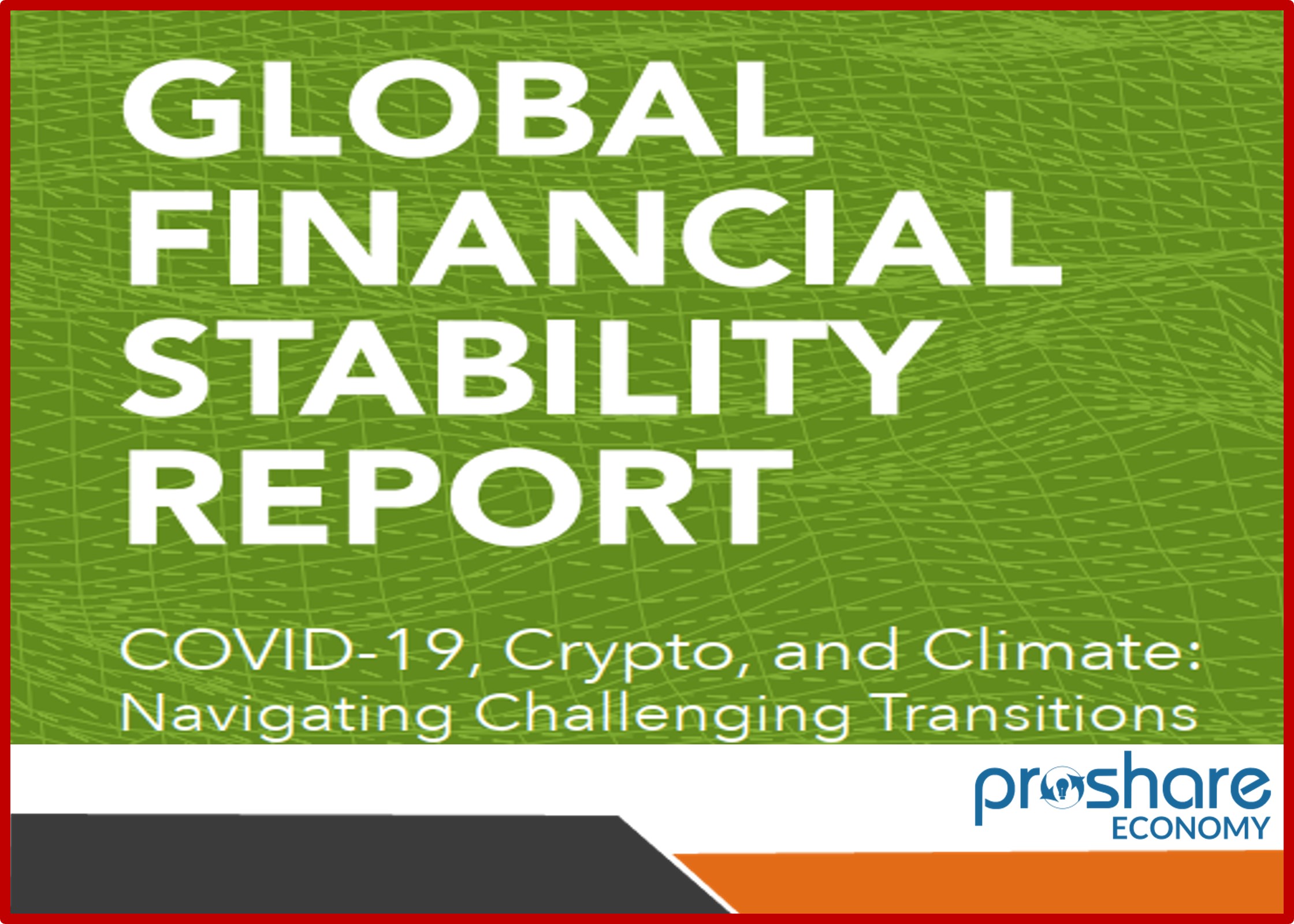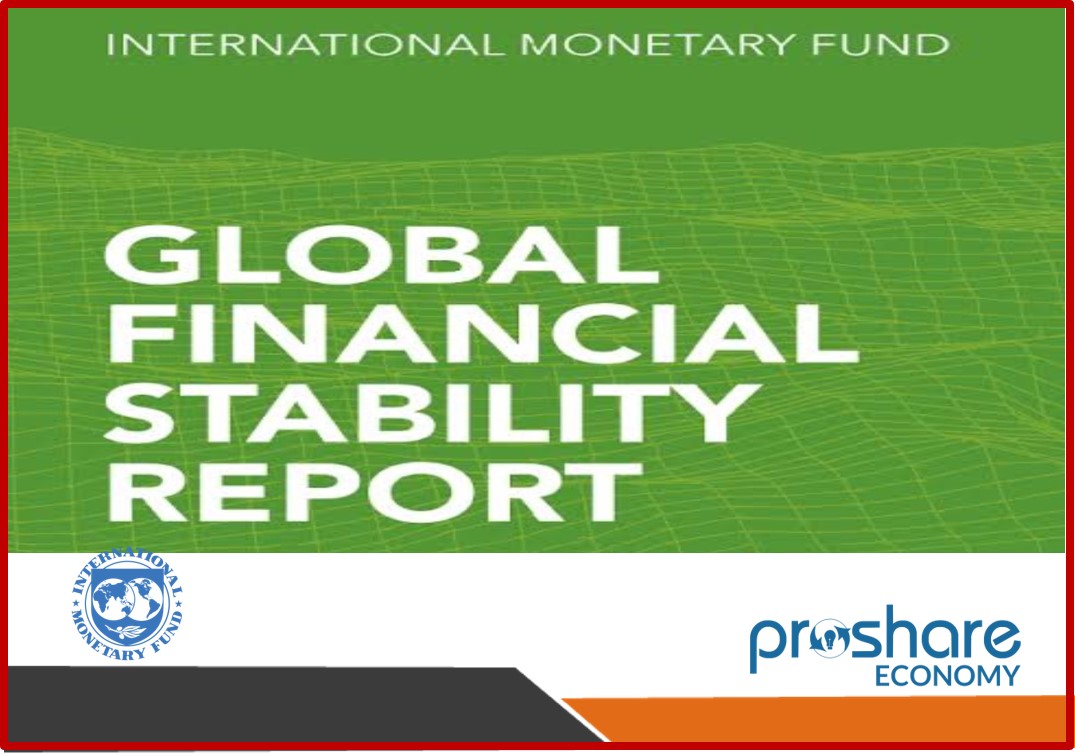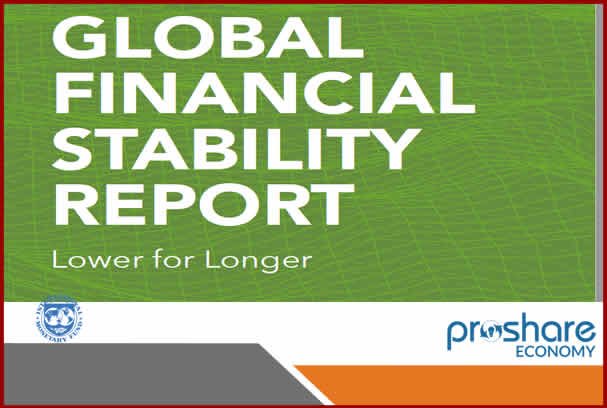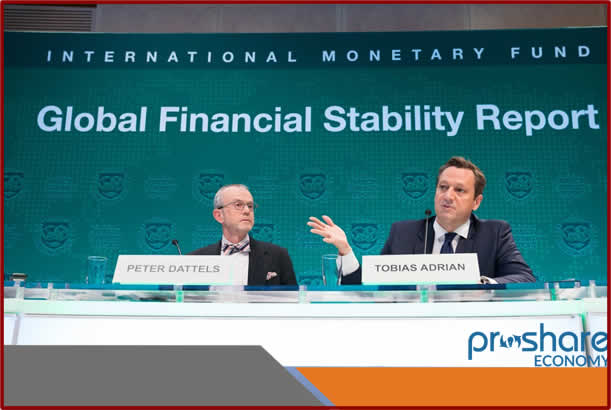The IMF’s recently published Global Financial Stability Report (GFSR) once again highlights the fragilities of the global macroeconomic environment and key vulnerabilities that pose risks to the global financial system. The report notes that since the GFSR's April edition, risks to global financial stability have grown, with the balance of risks leaning to the downside. Consistent with the report's subtitle, "Navigating the High-Inflation Environment," it notes that one of the risks that have materialised is the multi-decade high level of global inflation, and the tighter financial conditions brought on by central banks' effort to reduce it.
Among other risks identified were the deterioration in the global economic outlook, the heightening of geopolitical tensions, especially the spill-over effects from the war in Ukraine, and the slowdown of economic growth in China - largely related to COVID-19 outbreaks and lockdowns.
According to the Fund, although financial conditions have tightened rapidly and are now above historical averages in most advanced countries, financial conditions are even tighter in some emerging markets and are close to levels last seen during the COVID-19 crises.
As a result, higher interest rates and a heightened sense of global aversion to risk have significantly pushed up borrowing costs and sovereign spreads in emerging countries.
While the largest emerging markets appear to be more resilient to external vulnerabilities, many frontier markets, are facing the potential loss of market access and a high probability of sovereign default.
Therefore, the IMF believes that more than half of all low-income countries are already in debt distress or have a strong likelihood of becoming so soon.
The Fund recommends that nations in this category lower risks associated with these vulnerabilities by enlisting early assistance from creditors and the international community.
On a related issue, the markets were spooked last week when, in an interview, Nigeria’s finance minister was allegedly said to have hinted at restructurings of Nigeria's outstanding debt. The remarks, however, have since been corrected.
Despite rising debt-service costs, only 39% of Nigeria's total public debt is owed to foreign creditors, with 60% of that debt owed to concessional lenders.
More importantly, external debt service amounted to just 29% (c.USD1.3bn) of total debt service cost in H1 ’22, with commercial debt service amounting to c.66% of total external debt service. If we include interest on ways and means, the cost of external debt service drops to c. 21%.
The GFSR also highlights risks to the banking sector. The high levels of capital and ample liquidity have helped banks withstand pressures up until now.
However, the IMF's stress test scenario indicates that these buffers may not be sufficient for some banks. Notably, emerging market banks are more at risk with up to 29% of bank assets in EM markets likely to breach capital requirements.
Also highlighted were risks associated with corporate credit issuer default and a disorderly restructuring of global supply chains that may increase trade barriers.
The fund urges central banks to act resolutely to bring inflation back to target and avoid de-anchoring of inflation expectations, which could damage their credibility.
 Lagos, NG • GMT +1
Lagos, NG • GMT +1











 249 views
249 views













 Sponsored Ad
Sponsored Ad
 Advertise with Us
Advertise with Us









